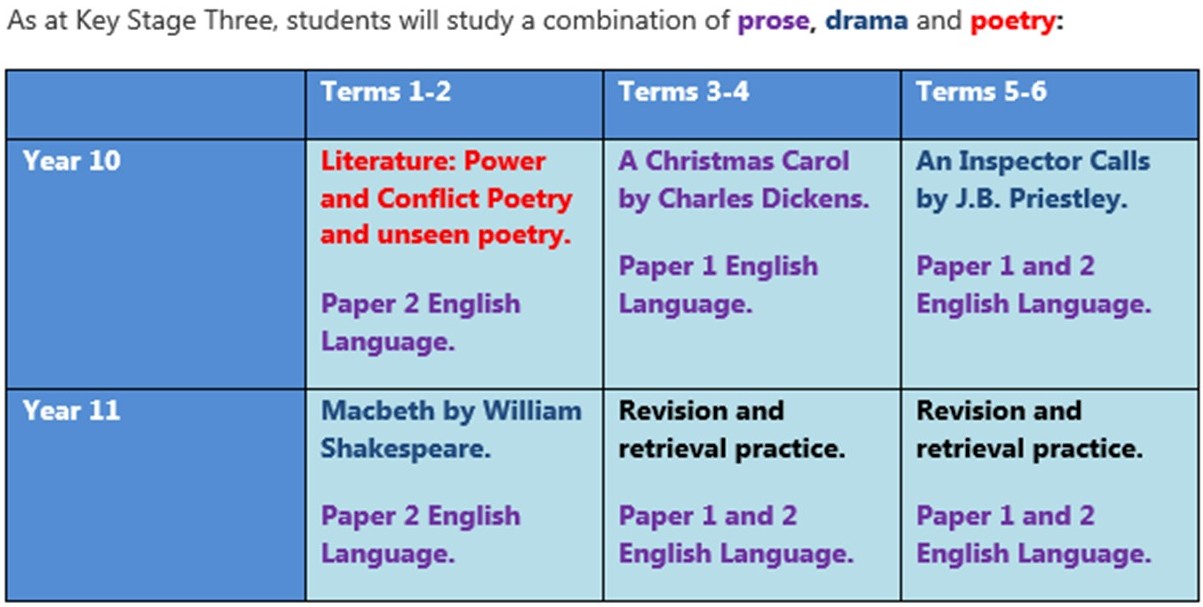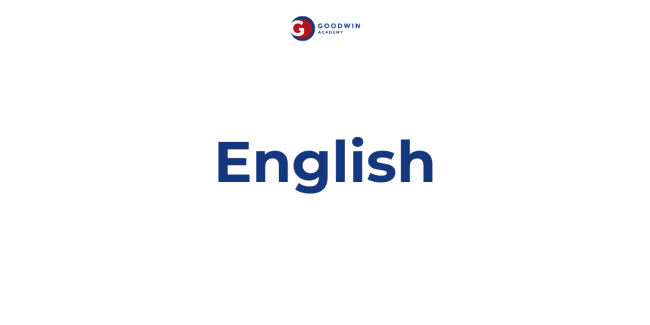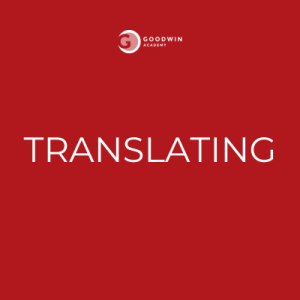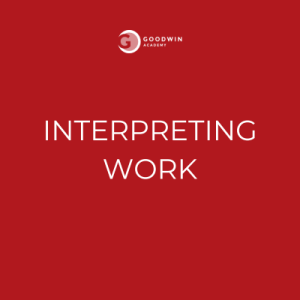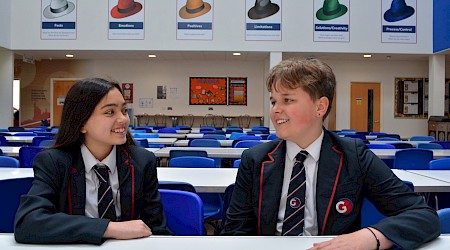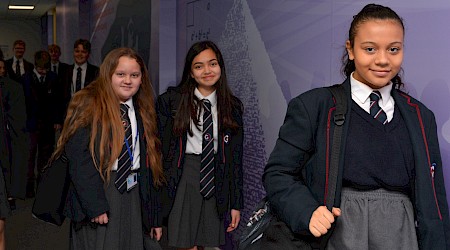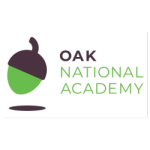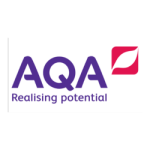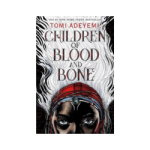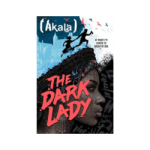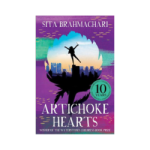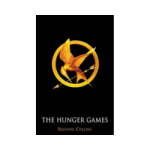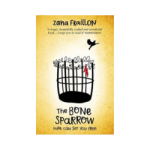KS4, Year 10 & 11 GCSE English and English Literature
Students begin their GCSE study of English at the start of Year 10 and complete their course in Year 11. The Department delivers two GCSEs: AQA English Language and AQA English Literature.
The English Language GCSE is intended to give students a firm foundation in reading and writing for their future lives. They will continue to develop the skills of Key Stage Three in comprehending, analysing and interpreting prose non-fiction and fiction. They will learn to express themselves maturely and creatively through descriptions, stories and argumentative writing. Assessment is entirely by exam, with students sitting two papers in June of their examination year. Students will undertake a spoken assignment within school and this is awarded separately and does not contribute to the overall grade.
The English Literature GCSE builds on their existing reading skills. Students study a combination of fictional prose, poetry and drama. Students are encouraged to appreciate the skill, craft and ideas of the writers. They will further enhance their writing skills so they can respond to what writers write, how they write and why they write, gaining an appreciation of the context of texts and how writers can get their readers to both think and feel.
To help all learners, including SEND, we focus on high quality teaching, alongside the use of a wide range of supportive resources including writing frames to help the students structure their writing. We model answers live in class undertake ‘walking-talking mocks’ where students are guided through their questions and helped with the planning and the drafting of their answers. We regularly use retrieval questioning, to build student confidence over time and develop meaningful memory connections to allow all students to recall and understand key content in the English curriculum. Where exam arrangements are required, including readers, scribes and word processing, we work closely with relevant departments to ensure this provision is provided across the English department.
Assessment
There are two papers for each GCSE. There are no tiers so all students take the same exam.
English Language Paper 1
What’s assessed: Students will need to read, comprehend and respond to an extract from prose fiction such as the opening of a novel. They will also write a description and/or story.
How it’s assessed: Written exam: 1 hour 45 minutes. 80 marks. 50% of GCSE (25% for reading and 25% for writing).
Question Format: Four short answer reading questions and one long answer reading question. Description/story based on a picture or written prompt (choice of two tasks).
English Language Paper 2
What’s assessed: Students will need to read, comprehend and respond to an extract from prose non-fiction such as a newspaper article or travelogue. They will be asked to give their point of view in a format such as a letter, article or speech.
How it’s assessed: Written exam: 1 hour 45 minutes. 80 marks. 50% of GCSE (25% for reading and 25% for writing).
Question Format: Two short answer questions and two long answer reading questions. Argumentative writing task connected to the reading material (one task with no choice).
English Literature Paper 1
What’s assessed: Macbeth by William Shakespeare and A Christmas Carol by Charles Dickens.
How it’s assessed: Written exam: 1 hour 45 minutes. 40% of GCSE.
Question Format: Two essay questions on how a theme is presented in an extract and the text as a whole. They have a copy of the extract but not a copy of the whole text.
English Literature Paper 2
What’s assessed: An Inspector Calls by J.B. Priestley, poetry from the Power and Conflict anthology and unseen poetry.
How it’s assessed: Written exam: 2 hours 15 minutes. 60% of GCSE.
Question Format: Choice of two essay questions on An Inspector Calls; an essay question comparing one poem from the Power and Conflict anthology (provided) with another poem of their choice from the anthology (not provided); an essay question on a theme in an unseen poem and a brief comparison with a second unseen poem.
